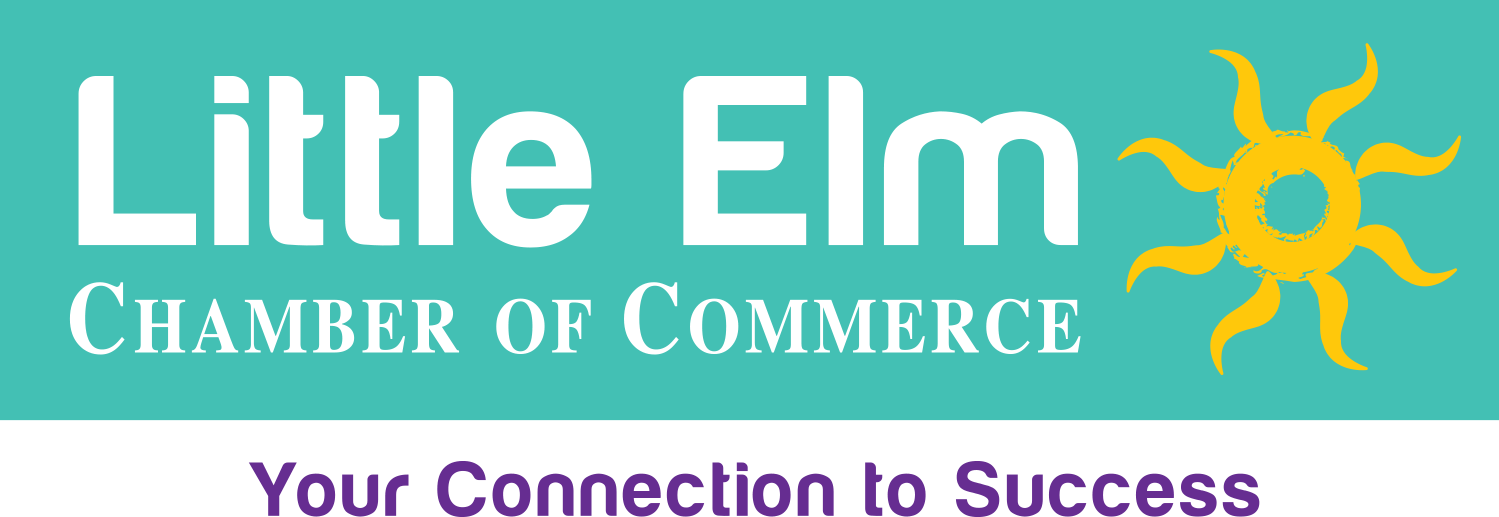Infinity Credit and Financial Services is a consulting firm that serves individuals and businesses with an exceptionally broad range of financial services. For more information, please visit our website or contact us today!
Strategies to Avoid Long-Term Student Loan Debt
The average American college student graduates with over $30,000 in debt. Most learners take over 10 years to pay the debt back, by which time the amount has often doubled or tripled. Why do so many people put themselves through hell and back just to go to school? Well, the average grad in the U.S. also earns $30,000 higher than a high school graduate! And the good news is, there are ways to graduate that can help you avoid long-term debt.
Interested in learning more? Read on to find some easy debt-free strategies.
Plan
Give yourself ample time to save before college, because that will significantly ease your financial burdens. Consider how much time you have before enrollment, and how much you’ll be able to comfortably put away each month. Make small contributions, and let the power of compounding work its magic—this way, you’ll be set to make a big withdrawal when you’re ready.
Pick a Cheaper Option
College degrees can cost a lot—but according to a study by Noodle, it’s not so much where you went to school so much as what you’re studying. Individual motivation and tenacity matter too, of course. Unless you’re going to an Ivy league, which comes at an impossibly high price point and an entry barrier for most families, you’ll be better off finding a reasonable college within your price point. In addition, some schools will offer subsidies for in-state students, while others offer generous financial aid for those from varying financial and academic backgrounds.
For example, online education gives you the option of keeping things flexible and learning at your own pace while juggling work and life demands. Do some research on online programs in your area of interest.
Borrow Wisely
Private lenders have accelerated the high-debt bubble most students find themselves in. However, taking out expensive lines of credit with high interest rates is not your only option. Try to maximize federal student loans before turning to private lenders. These loans have provisions in place for forbearance and deferring, so they’ll be easier on you if you’re unable to make a payment. Check out a list of federal grants and aids for students here. There are also options such as no-loan schools and scholarships, through which you can get a lot of your education paid for, and for some—even a full free ride.
Manage Your Lifestyle
There are two strategies to this: cut down on expenses and find work. Some easy ways to reduce your educational expenses are to live at home, use digital textbooks over physical ones and try to minimize dining and going out expenses. You’ll be surprised at how much difference a little bit of thriftiness can make.
On-campus work opportunities are also a great way to get a student job that isn’t too challenging while helping replace or recover loans. Another idea is starting your own part-time business. If you’re going to launch a business, make sure you understand your goals, the purpose of your business, who you’re marketing to, and how you’ll obtain funding. Be wary of taking on too much workwise, because that could mean eating into study time or carelessness that could revoke a scholarship.
Graduate Faster
Getting your education done sooner is also a great way to prevent debt after graduation. Try to map out how you could get that four-year degree in less time. Not only will you be saving yourself time and effort down the line, but the sooner you get done with school, the sooner you’ll be out working and earning. Not to mention, the number of living expenses you’ll save on will be tremendous!
College is a significant investment—but worth the cost and effort. Practice prudence and moderation in everything—from where you choose to go to school to the loans you take out—and you’ll be set up for a debt-free life post-graduation. Happy studying!
Image from Unsplash



